Are you considering adding a Broholmer breed dog to your family? If so, you’re in for a treat! The Broholmer is a large and majestic breed with a calm and gentle temperament. Known for their loyalty and affectionate nature, these dogs make great companions for families and individuals alike. However, before making the decision to bring a Broholmer into your home, it’s important to understand their unique characteristics, needs, and temperament to ensure that they are the right fit for your lifestyle. In this article, we will explore all aspects of the Broholmer breed and provide you with the information you need to make an informed decision about whether this breed is right for you.
Breed Category: Working
Country of Origin: Denmark
Average Size:75-80 cm
Average Weight:50-70 kg
Average Life Span: 7-12 years
Grooming Requirements: Moderate
Exercise Requirements:High
History and Origin
The Broholmer is a large dog breed that originated in Denmark. The breed is also known as the Danish Mastiff and is recognized as the national dog of Denmark. The history of the Broholmer dates back to the 16th century when it was used as a hunting dog by Danish nobility.
The Broholmer was originally bred to hunt large game such as deer and wild boar. The breed was also used as a guard dog and was known for its loyalty and protective nature. The Broholmer was highly valued by Danish nobility and was often given as a gift to other European monarchs.
During the 19th century, the Broholmer almost became extinct due to the decline in hunting and the rise of other dog breeds. However, a group of Danish breeders worked to revive the breed and in 1974, the Broholmer was officially recognized by the Danish Kennel Club.
Today, the Broholmer is still a rare breed with only a few hundred dogs in existence. The breed is known for its calm and gentle nature, making it an excellent family pet. The Broholmer is also used as a therapy dog and is often used in hospitals and nursing homes to provide comfort to patients.
The Broholmer is a large dog, standing up to 30 inches tall and weighing up to 150 pounds. The breed has a short, dense coat that comes in a variety of colors including fawn, black, and brindle. The Broholmer is a muscular and powerful dog with a broad head and a strong jaw.
In conclusion, the Broholmer is a unique and fascinating breed with a rich history and a loyal following. Despite its rarity, the breed is gaining popularity around the world as more people discover its gentle nature and impressive size. Whether used as a hunting dog, a guard dog, or a family pet, the Broholmer is sure to make a lasting impression on anyone who meets one.
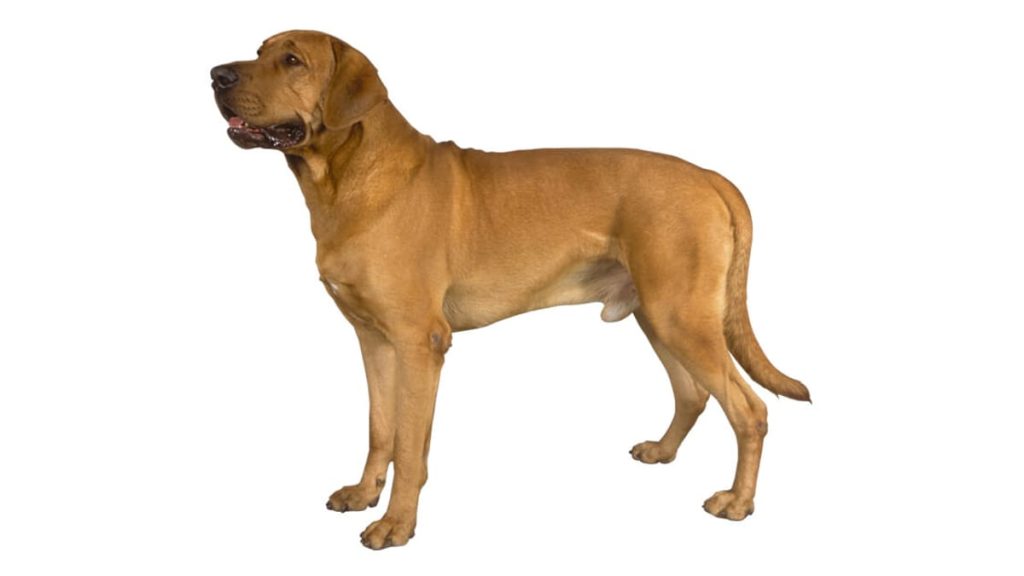
Size and Breed Category
The Broholmer is a large breed of dog that originated in Denmark. They are classified as a Molosser type dog, which means they have a muscular build and a strong, powerful appearance. The breed is known for its impressive size, with males typically weighing between 50-70 kg and standing at 75-80 cm tall at the shoulder. Females are slightly smaller, weighing between 40-60 kg and standing at 70-75 cm tall. Despite their size, Broholmers are known for their gentle and calm nature, making them great family pets.
In terms of appearance, the Broholmer has a short, dense coat that can come in a variety of colours, including black, brown, and fawn. They have a broad head with a short muzzle and a strong jaw. Their ears are medium-sized and hang down, and their eyes are typically brown. The breed is known for its impressive strength and endurance, which makes them well-suited for activities such as hunting and tracking. Overall, the Broholmer is a striking and impressive breed that is sure to turn heads wherever they go.
Fur Length and Colour
The fur of the Broholmer is typically short and dense, providing a smooth and sleek appearance. The fur is also weather-resistant, making it ideal for outdoor activities. The fur colour can vary from light to dark shades of brown, with some dogs having black masks on their faces. Some Broholmers may also have white markings on their chest and feet. The fur is easy to maintain and requires regular brushing to keep it looking healthy and shiny.
The Broholmer’s fur is an important characteristic of the breed, as it provides protection and insulation from the elements. The fur is also an indicator of the dog’s health and well-being, as a shiny and well-groomed coat is a sign of good nutrition and care. The fur of the Broholmer is not hypoallergenic, so it may not be suitable for individuals with allergies. However, with proper grooming and care, the fur of the Broholmer can be a beautiful and functional feature of this loyal and affectionate breed.
Termperament and Trainability
Broholmers are known for their calm and gentle temperament. They are loyal and affectionate towards their owners, making them great family pets. However, they can be reserved and wary of strangers, which makes them excellent watchdogs. Broholmers are not aggressive by nature, but they can be protective of their family if they sense a threat. They are also patient with children and other pets, making them a great addition to any household.
Broholmers are highly trainable dogs. They are intelligent and eager to please their owners, which makes them quick learners. They respond well to positive reinforcement training methods, such as treats and praise. Broholmers are also physically capable of performing a variety of tasks, such as hunting, tracking, and guarding. They have a strong work ethic and enjoy having a job to do. However, they can be stubborn at times, so it is important to be patient and consistent with their training.
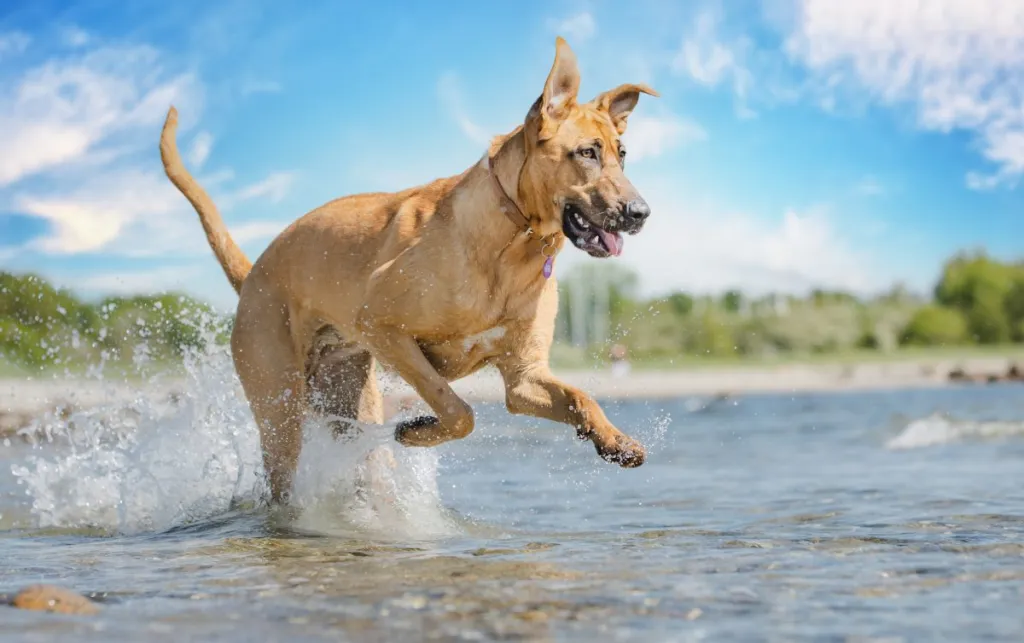
Known Health Conditions
Broholmers are a breed of dog that are prone to certain health conditions. One of the most common health issues that Broholmers face is hip dysplasia. This condition occurs when the hip joint does not develop properly, leading to pain and discomfort for the dog. Broholmers may also be at risk for elbow dysplasia, which is a similar condition affecting the elbow joint. Both hip and elbow dysplasia can be managed with medication and physical therapy, but in severe cases, surgery may be necessary.
Another health condition that Broholmers may experience is bloat, also known as gastric torsion. This occurs when the stomach fills with gas and twists, cutting off blood flow to the organs. Bloat is a life-threatening condition that requires immediate veterinary attention. Broholmers may also be prone to heart disease, including dilated cardiomyopathy, which can lead to heart failure. Regular check-ups with a veterinarian can help to catch these conditions early and manage them effectively.
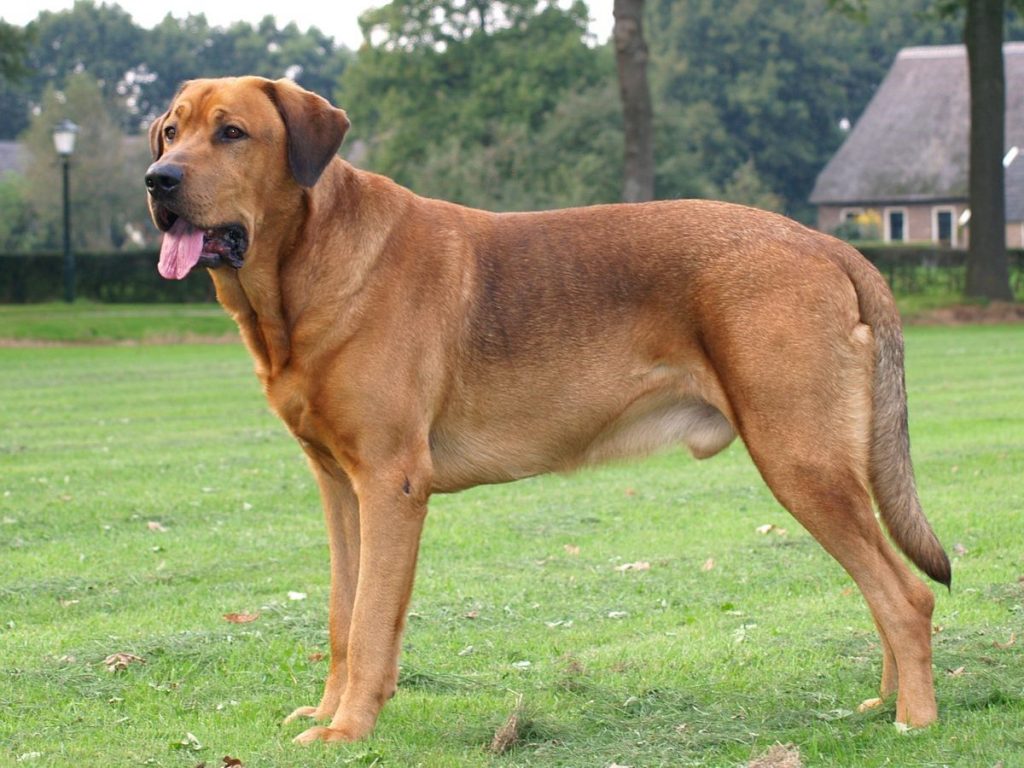
Openness to Strangers
Broholmers are known for their friendly and welcoming nature towards strangers. They are a breed that is always eager to make new friends and greet visitors with a wagging tail. With their calm and gentle temperament, Broholmers are often used as therapy dogs and are great companions for children and the elderly. They are also known to be very patient and tolerant, making them a great choice for families with young children. Broholmers are always up for a good cuddle and love nothing more than spending time with their human family.
In addition to their friendly nature, Broholmers are also very loyal and protective of their owners. They are known to be excellent guard dogs and will do whatever it takes to protect their family from harm. Despite their protective instincts, Broholmers are not aggressive and will only use their strength when necessary. They are also very intelligent and easy to train, making them a great choice for first-time dog owners. With their friendly and loyal nature, Broholmers make great family pets and are sure to bring joy and happiness to any home.
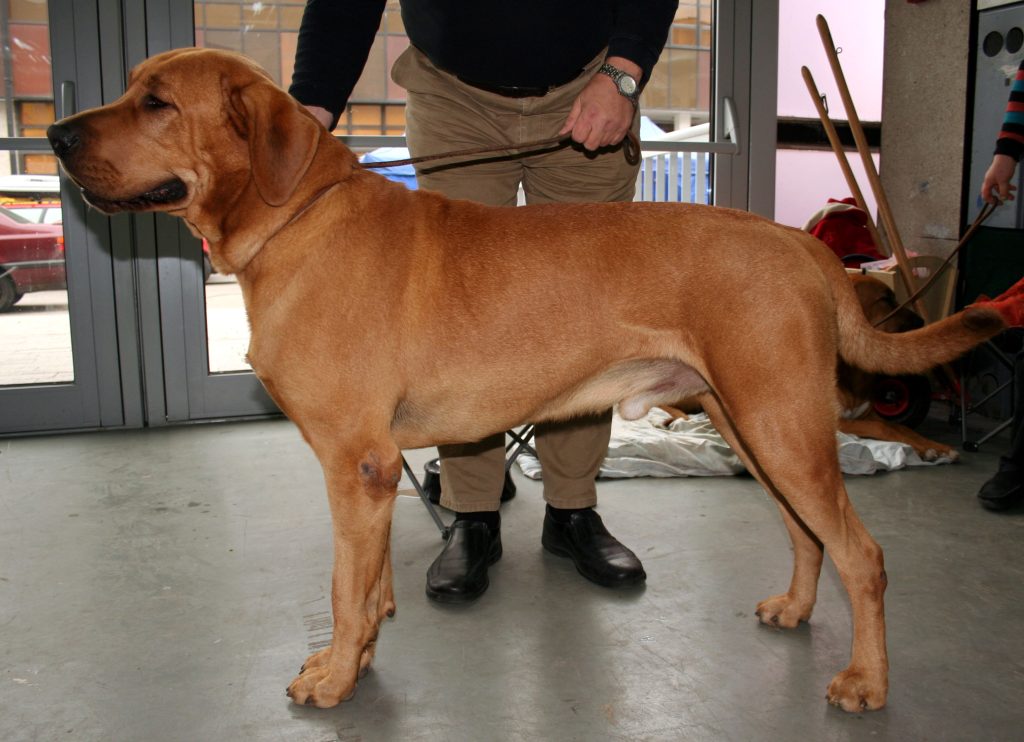
Playfulness Level
The Broholmer is a highly playful dog breed that loves to engage in various activities with its owners. They are known for their energetic and lively nature, which makes them an excellent companion for families with children. These dogs are always up for a game of fetch or a run in the park, and they thrive on physical activity. Their playful nature also makes them great at learning new tricks and commands, as they are always eager to please their owners.
The Broholmer’s playful personality is not just limited to physical activities. They also have a great sense of humor and love to make their owners laugh. They are known for their silly antics and goofy expressions, which can brighten up anyone’s day. Their playful nature also makes them great at socializing with other dogs, as they are always up for a game of chase or a friendly wrestle. Overall, the Broholmer’s playful nature makes them a joy to be around and a great addition to any family.
Suitability as a Pet for Children
Broholmers make great pets for children due to their friendly and gentle nature. They are known for being patient and tolerant, making them a great choice for families with young children. Additionally, they are highly trainable and eager to please, making them easy to teach and a joy to have around. Their size and strength make them great playmates for children, and their loyalty and protective instincts make them great guardians. Overall, Broholmers are a wonderful choice for families looking for a loyal and loving pet that is great with children.
Exercise Needs
Broholmers are a breed that require a moderate amount of exercise to maintain their physical and mental health. They are a large breed, weighing between 40-70 kg, and require daily walks of at least 30-60 minutes. In addition to walks, they enjoy playing in a secure, fenced area and participating in activities such as hiking, swimming, and agility training. It is important to note that Broholmers are not a high-energy breed and do not require intense exercise or long-distance running. However, they do benefit from regular exercise to prevent obesity and promote overall well-being.
In addition to physical exercise, Broholmers also require mental stimulation to prevent boredom and destructive behavior. They are intelligent dogs that enjoy learning new commands and participating in training sessions. Activities such as puzzle toys, obedience training, and scent work can provide mental stimulation and help prevent behavioral issues. Broholmers also thrive on human interaction and enjoy spending time with their owners. They are not a breed that does well when left alone for long periods of time and may become anxious or destructive if not given enough attention. Overall, Broholmers require a balanced approach to exercise and mental stimulation to maintain their health and happiness.
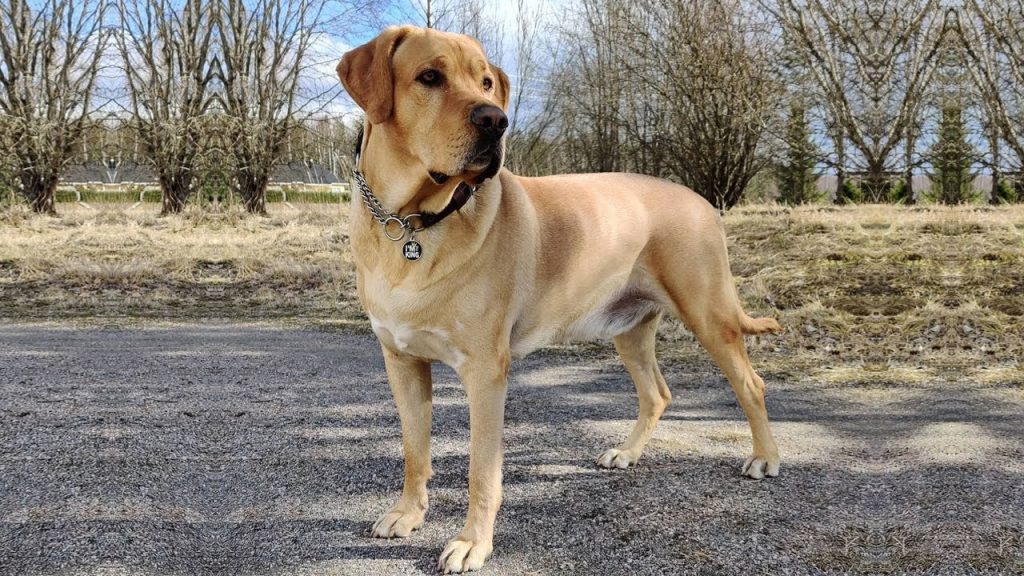
Suitability for a Multi-Pet Family
Broholmers have a reputation for being friendly towards other pets in the household. They are known to be sociable and enjoy the company of other animals. It is important to introduce them to other pets slowly and carefully to ensure a positive relationship. With proper socialization and training, Broholmers can coexist peacefully with other pets.
Housing Requirements
Broholmers require a spacious living environment that can accommodate their large size and energetic nature. They need a minimum of 30 square meters of indoor space, with additional outdoor space for exercise and play. The ideal home for a Broholmer would have a large, securely fenced yard where they can run and play freely. It is important to note that Broholmers are not suited for apartment living or small homes with limited outdoor space. They thrive in homes with plenty of room to move around and explore.
In addition to space, Broholmers require a comfortable and cozy sleeping area. A large, comfortable bed or crate is recommended to provide them with a safe and secure place to rest. It is important to ensure that their sleeping area is located in a quiet and peaceful part of the home, away from any distractions or noise. Broholmers also require regular exercise and mental stimulation to keep them happy and healthy. Daily walks and playtime are essential to their well-being, and owners should be prepared to dedicate time and effort to meeting their exercise needs.
Summary
Broholmers make great pets for those who are looking for a loyal and affectionate companion. They are known for their calm and gentle nature, making them ideal for families with children or elderly individuals. They are also highly trainable and eager to please, making them a good choice for first-time dog owners. However, due to their large size, they require plenty of space and exercise to keep them healthy and happy. Overall, the Broholmer is a wonderful pet for those who are willing to provide them with the love and attention they need.
Broholmer Dog FAQS
Broholmers are intelligent and eager to please, making them relatively easy to train with positive reinforcement methods.
Yes, Broholmers are known for being gentle and patient with children.
Broholmers may be prone to hip dysplasia, elbow dysplasia, and bloat. Regular vet check-ups and proper nutrition can help prevent these issues.
Broholmers are protective of their family and can make good guard dogs, but they are not aggressive by nature.
Yes, Broholmers are an active breed and require daily exercise, such as long walks or runs.
Yes, Broholmers have a thick double coat and shed moderately year-round, with heavier shedding during seasonal changes.
Broholmers can grow up to 75 cm (29.5 inches) in height and weigh up to 70 kg (154 lbs).
The cost of owning a Broholmer can vary depending on factors such as breeder reputation, location, and medical expenses. Expect to spend around €1500-€2500 for a puppy and €1000-€1500 annually for food, vet visits, and other expenses.
Broholmer is a large dog breed that originated in Denmark.
You can find a reputable Broholmer breeder through national breed clubs or online directories such as the American Kennel Club or the Danish Kennel Club. Always do your research and ask for references before purchasing a puppy.

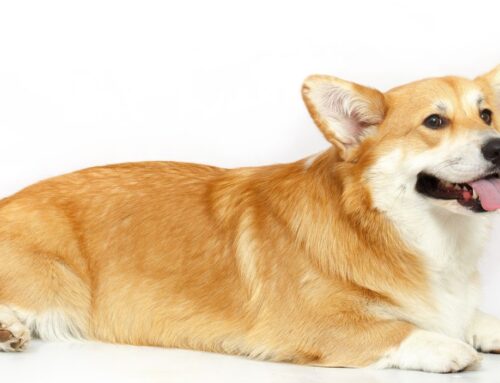
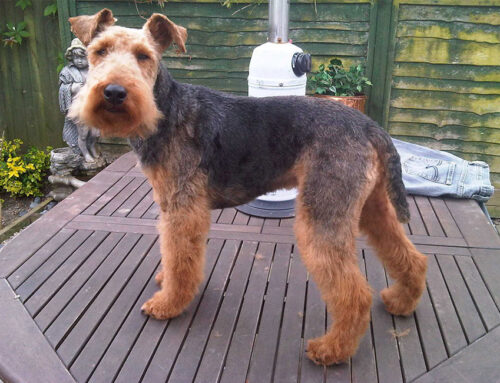
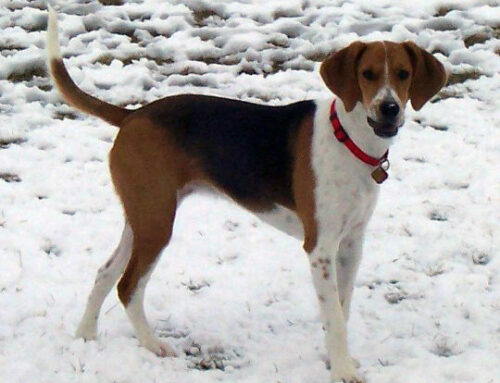
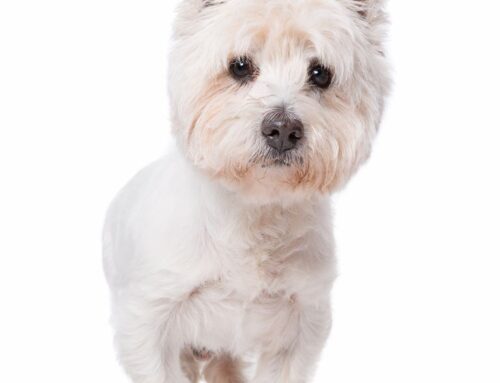
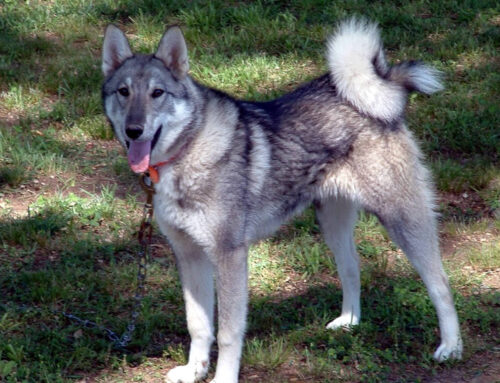
Leave A Comment